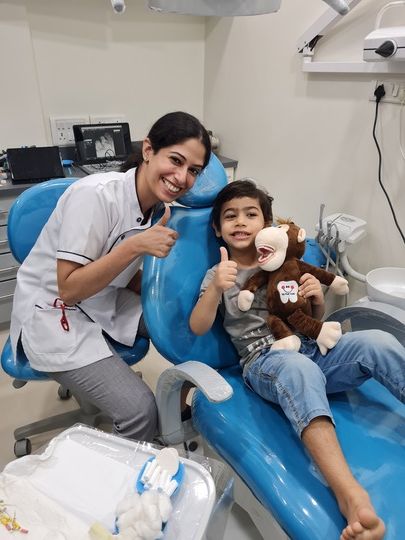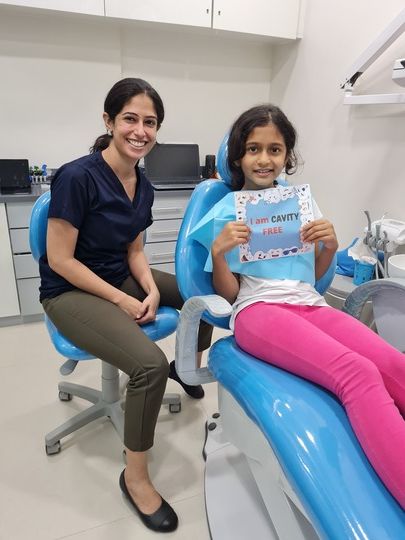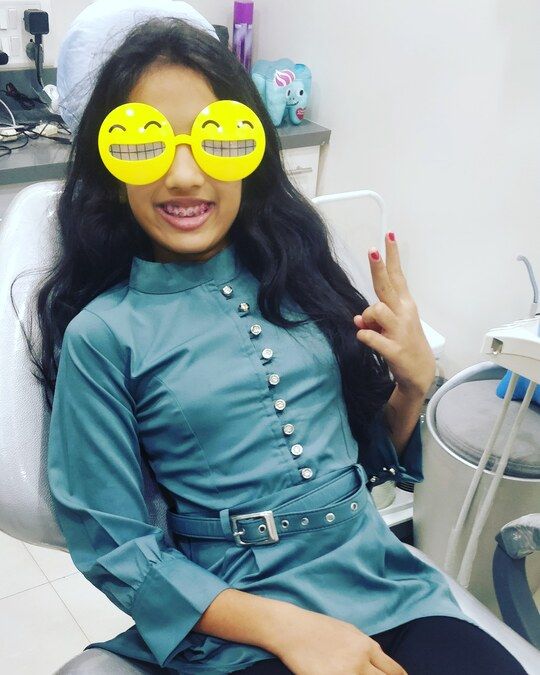3) Why are milk teeth important?
Milk teeth control the development of the jaw muscles, jaw bone, and shape of the jaw which provide suitable space for permanent teeth.
The health of milk teeth directly affects the health of permanent teeth so it is very important to keep them healthy and in check.
Key roles they play:
• Chewing: Children need their teeth to chew food. And if the milk teeth are decayed or not in a state to save, the child will not only suffer from discomfort, pain, etc but they would have difficulty chewing their food or develop a habit of gulping directly. This will lead to improper digestion of the food or unable to eat leading to malnourishment and therefore affecting their growth.
• Self-confidence: As childhood is supposed to be a very important phase, it is a phase where the child is affected by their surroundings and people. Having early caries or blackened teeth or bad breath can lead to serious teasing in school making them unable to smile which affects the child's self-confidence. So taking care of their teeth at an early age becomes very important for them to smile confidently.
• Development of speech: Milk teeth play a key role in speech as the tongue moves with the presence of the teeth producing proper pronunciation that without teeth would not be possible. Children usually find it difficult to pronounce sounds like "th" and "f" in the absence of their front teeth. Proper alignment of the teeth enables clear speech and words.
• Facial development: Milk teeth are needed for normal growth of the jaw and the shape of the jaw. Primary teeth help in maintaining the space in the jaw for permanent teeth for their full growth and better alignment. Therefore milk teeth help in giving the face its shape and form.
The age of eruption of permanent teeth usually ranges from 6 years and the last permanent tooth erupts by 12-14 years of age. So it is very important to maintain all milk teeth till 12-14 years of age.




